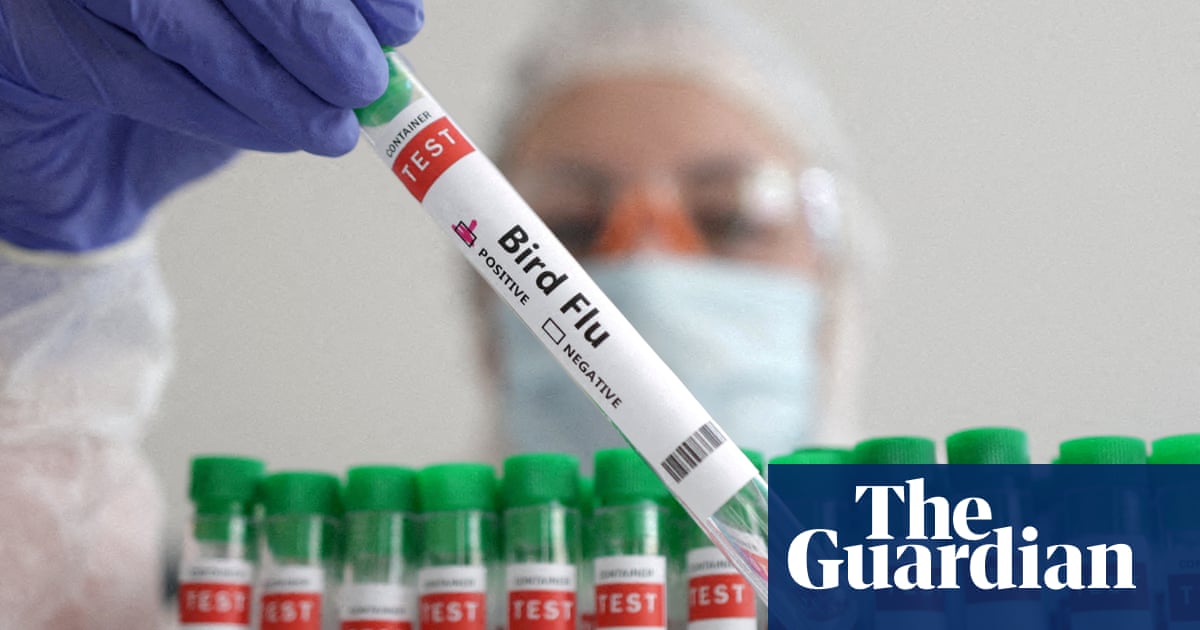Summary
A study reviewing 1,500 research papers found that 90% of pregnant women who contract bird flu (H5N1) die, with 87% of their unborn babies also dying.
Most surviving babies are born prematurely.
While human cases are rare and usually result from direct contact with infected birds, the findings highlight the vulnerability of pregnant women, who often face exclusion from vaccine trials and public health programs.
Experts stress the need for pandemic preparedness and ethical studies on vaccine safety in pregnant women as H5N1 continues to spread globally.



deleted by creator
Ah, shit, dude, you’re right, I forgot that talking about one of the most traveled-to and traveled-from countries with 330 million people whose government is going to be an anti-vaxx disinformation superspreader, is likely to restrict vaccinations, and is therefore liable to make an H5N1 pandemic substantially worse globally is off-limits for discussion as long as the study in the article was performed by an Australian doctor. Me and my US-centrism, grr.
Do you count blood samples and vaccination as some kind of sinister “medical experiments”?
Vaccine trials are in fact medical experiments. Not sure where you’re getting ‘sinister’ from
It’s implied by the previous posters’ word choice
deleted by creator
Vaccines are very well understood, the reason for those exceptions is the very high complexity and sensitivity of pregnancies, there’s no significant indicators of danger but they aren’t willing to risk missing some unknown.
This is essentially the exact opposite of what you’re saying. This is just collecting data on a group of women who only incidentally end up fitting the criteria. Nobody’s selecting pregnant women to expose them to anything.
…there is no reason to try to change whatever bad is expected to happen to them. I can understand your point, but it doesn’t sound humane to me